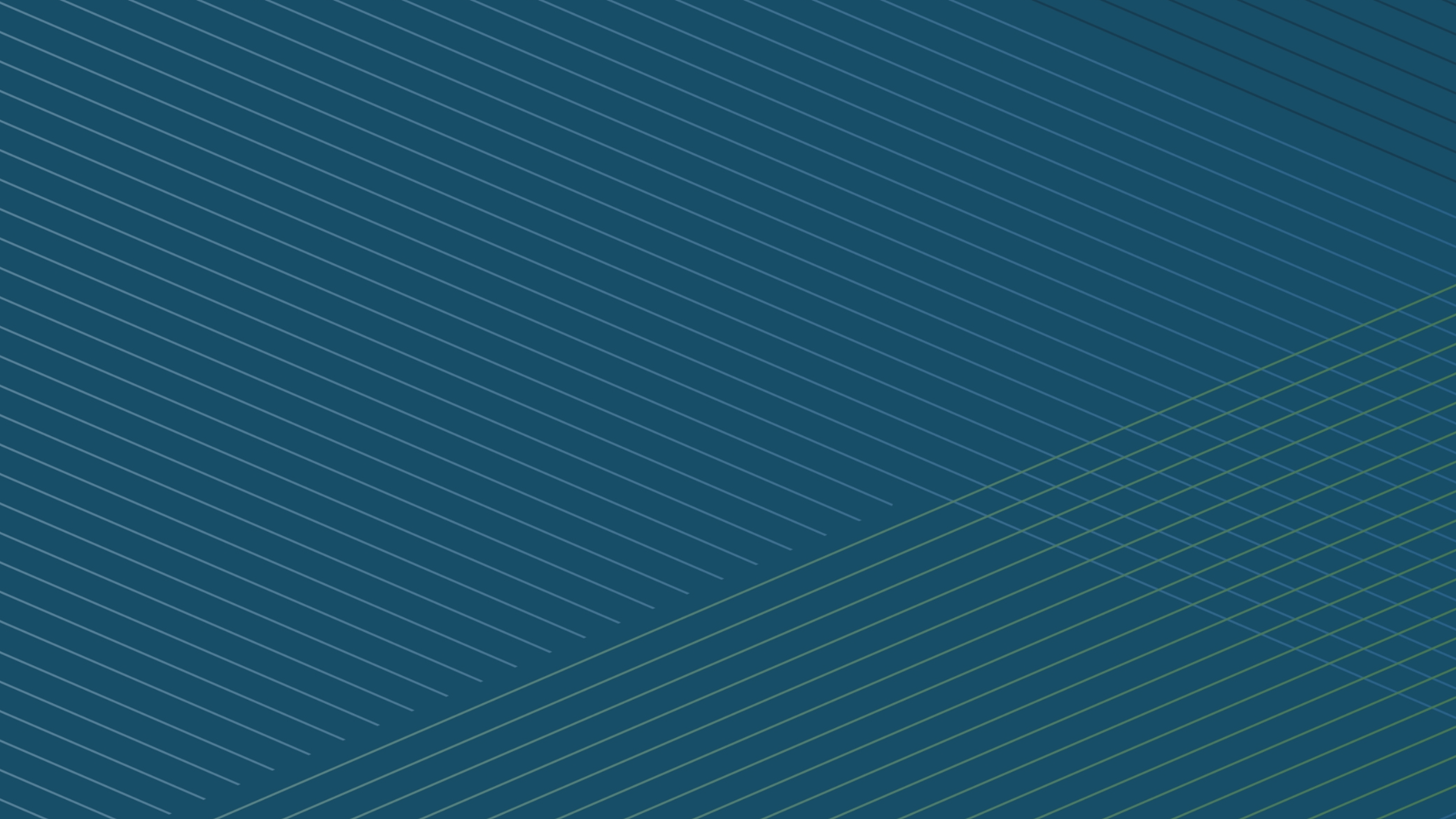
Projets réalisés
La NPR a financé des projets collaboratifs selon trois axes stratégiques : Agroalimentaire & Bioécnomie, Industrie 4.0 et Smart territory
La NPR a financé des projets collaboratifs selon trois axes stratégiques : Agroalimentaire & Bioécnomie, Industrie 4.0 et Smart territory
Projet collaboratif P3I: Potential of Paper in Plastics Industry
Feasibility study to evaluate long-term solutions to use paper instead of plastics that can be recycled within the paper stream or composted, using current plastics processing methods and equipment.
Plastics are part of our time; it is impossible to imagine life without them in almost every situation. Currently, 365 million tons are produced each year, of which about 40% are materials for packaging. As there are many countries without an appropriate waste collection and recycling system, about 8 million tons end up in the sea, which is about one truckload per second. This problem is now seen as one of the most urgent challenge of our time. Many countries as well as the EU have reacted to social pressure. They demand very high recycling rates of 50% for packaging plastics by 2025.
One possible alternative for plastic is paper. Made from renewable raw materials, it is also easily biodegradable without additives and has an existing recycling loop. However, the use of paper usually results in drastic restrictions with regard to shaping. Furthermore, for flat paper sheets, the surface is usually compact and closed, but for fibre castings, such as eggcups, the surface is rough and porous. Paper processing has changed little in the last 100 years.
The aim of the project is to combine the material advantages of paper with the innovative and economical processes of the plastics industry in order to develop components that can be recycled via paper collection stream. The vision of developing injection-mouldable paper has been around for the last years, but many projects have failed because of the flowability of the mixture. This is often achieved by means of a thermoplastic matrix and a very low cellulose content, but the recyclability via paper recycling is lost.
Within the P3I project, 11 companies as well as the IWK of the University of Applied Sciences of Eastern Switzerland and the iRAP of the HEIA-FR (HES-SO) have joined forces to investigate the feasibility of the potential of paper in plastics processes. In addition to analysing the legal framework in Switzerland and the EU, the goal of this project is to evaluate suitable materials. In the end, sample components for the different partners will be developed.
This project will allow the partner companies to use their resources better and more efficiently, thus enabling them to better position themselves in the market and gain in competitiveness. Four of the companies have production facilities in the canton of Fribourg and with the help of the project; the canton continues to position itself as a driver for the development of renewable raw materials.
The “P3I” collaborative project started in March 2022 and will end in January 2024. This project was initiated in collaboration with the Swiss Plastics Cluster.
Partenaires du projet
Sonova communications AG
WAGO contact AG
Bloom Biorenewables
Geberit international AG
NETSTAL
OMYA international AG
MedMix
PackSys Global AG
BACHMANN FORMING AG
TRISA
Caran d’Ache
OST/IWK
HEIA-FR/iRAP
Chef de projet
Prof Daniel Schwendemann
OST/IWK